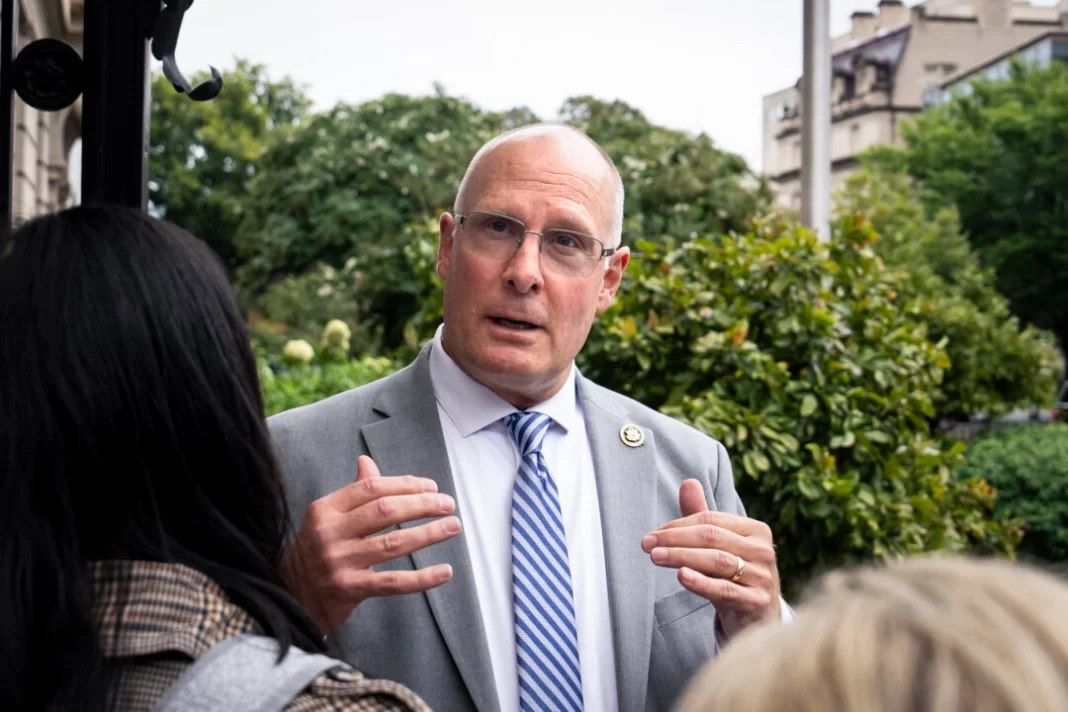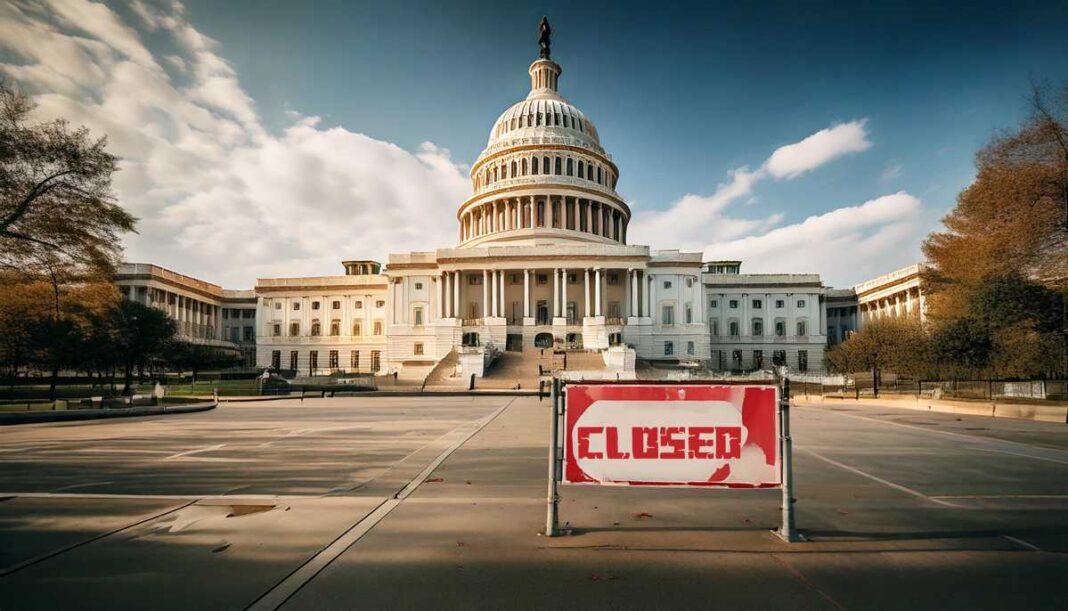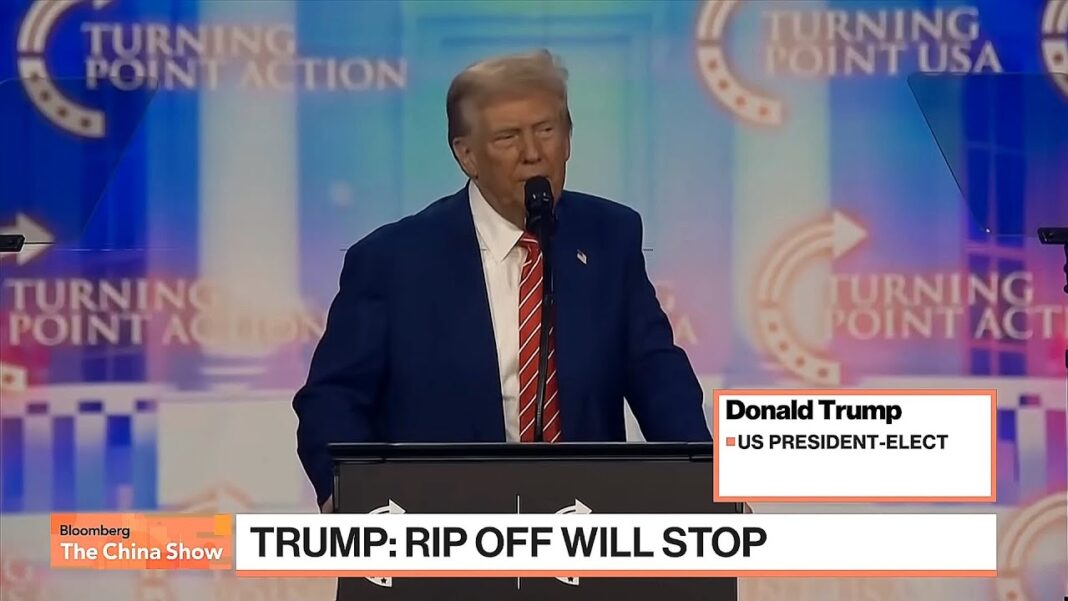‘The Select Committee’s bipartisan efforts have brought critical attention to the CCP’s widespread human rights abuses,’ the groups say in a letter.
A coalition of 63 human rights organizations has requested House Speaker Mike Johnson (R-La.) and minority leader Hakeem Jeffries (D-N.Y.) reestablish the “Select Committee on Strategic Competition with the CCP” in the next Congress.
The request, made in a letter on Dec. 17, was partly to counter a previous letter sent to the chairman of the last Congress on Dec. 10 by a group of over 50 nonprofit advocacy organizations—the majority of them representing the interests of Asians, Asian Americans, and Pacific Islanders—to not renew the committee.
The Select Committee in the 118th Congress was chaired by Rep. John Moolenaar (R-Mich.), with Rep. Raja Krishnamoorthi (D-Ill.) as its ranking member. It had 12 Republican and 11 Democratic members in total.
The 63 human rights organizations said in their letter addressed to Moolenaar and Krishnamoorthi that the Select Committee always had a “unique structure, focused mission and demonstrated successes” and the 119th Congress that prepares to assume office on Jan. 3, 2025, should continue with its bipartisan legacy.
“The Select Committee’s bipartisan efforts have brought critical attention to the CCP’s widespread human rights abuses, including genocide forced labor; severe restrictions on freedom of religion, belief, speech, and movement; violations of bodily autonomy and privacy; and transnational repression of diasporic communities in the United States,” said the coalition.
According to the letter, which includes signatories representing communities affected by the CCP’s human rights violations, the Select Committee “has set a global standard for addressing these atrocities and remains vital to bridging policy gaps, fostering collaboration across party lines, and defending human rights while reinforcing national security and democratic principles.”
The signatories said the House Committee has the capacity to provide “cross-jurisdictional collaboration” required for addressing issues like CCP interference in free speech, the spread of disinformation, suppression of people on U.S. soil, use of forced labor in energy and pharmaceutical supply chains, and protecting American genetic and mobile data.









